- 28 Posts
- 14 Comments
Looks like mądry Polak po szkodzie isn’t always the case

 71·3 months ago
71·3 months agoComing to a uniform code near you soon

 172·3 months ago
172·3 months agoDownvoted this before I saw what community it was posted to

 64·4 months ago
64·4 months agoThe devices should be returned to inmates immediately, prison administrators should then slap themselves in the face one time for implementing them poorly to begin with, slap themselves in the face several times for overreacting to a viral story without having any reason to believe there was an active or imminent problem with any of their inmates, and deliver a tooth-loosening punch to their own faces for thinking they could punish these inmates by taking away their education to cover their screw up.
After that, hire a real IT person who knows what they’re doing by paying them decently allowing remote work and not drug testing, and then listen to them.

 135·4 months ago
135·4 months agoNot victimizing all of the student inmates because the prison invested in a poorly designed system that could potentially be exploited when none of the students have attempted that exploit or were likely even aware of it

 152·4 months ago
152·4 months agoEvery prisoner who knew about that password
Meanwhile, back in reality
Wright confirmed no one incarcerated in Washington prisons had attempted to unlock their devices but said the decision was “made out of an abundance of caution.”

 196·4 months ago
196·4 months agoThey were taken for reasons that inmates had nothing to do with, they have not been replaced, and it’s unclear when they’ll be returned. Inmates who are enrolled in college courses are having to handwrite papers that are due soon.
I have never felt so seen by a piece of media as I did when I got the solution to this thought

 3·5 months ago
3·5 months agoAlso, if something is technically possible but illegal for the CIA/FBI/etc to do, it just means they have to try to hide the fact they’re still doing it

 8·5 months ago
8·5 months agoMaybe this mirror of it will?
But I’m guessing it talking about the claim only ~9% of the time officers were able to confirm a firearm was present on the scene.
Don’t think that shows up, this article is previously unpublished stuff I believe
For at least nine months, between October 2017 and July 2018, Scott DeDore tracked ShotSpotter’s accuracy in identifying confirmed gunshots. DeDore regularly shared his findings with Chicago police and ShotSpotter, and even attempted to hone the tool’s precision by working alongside the company to install additional sensors, documents obtained through public records requests show. Over the course of those nine months, according to the records, ShotSpotter correctly detected a gunshot in 63 of 135 instances in which a person was struck, an accuracy rate of about 47 percent.
One month after DeDore sent his last available report, then mayor Rahm Emanuel signed a new three-year, $33 million contract with ShotSpotter (the company has since rebranded as SoundThinking). It covered 12 police districts—100 square miles—and made Chicago the company’s largest customer at the time.
These records represent a look into a small corner of Chicago’s southwest side from more than half a decade ago. But they offer a unique window into ShotSpotter and its role in an increasingly surveilled city. And they came at a time when the city was reinventing its policing strategy. Six years later, Chicago is again at a crossroad, as a new mayoral administration “reimagines” public safety and mulls the fate of ShotSpotter when its contract expires in mid-February.

 6·5 months ago
6·5 months agoWell, so long as they’re not migrants anyway
Yeah, it’s not just his supporters who will get hurt if he gets power again

 0·8 months ago
0·8 months agoWell, props to Yahtz for not being a scab and quitting when Nick got fired, good solidarity there
It would be amazing if his team could somehow join the Outside Xbox, then I could get all of my British accented videogame snark in one place




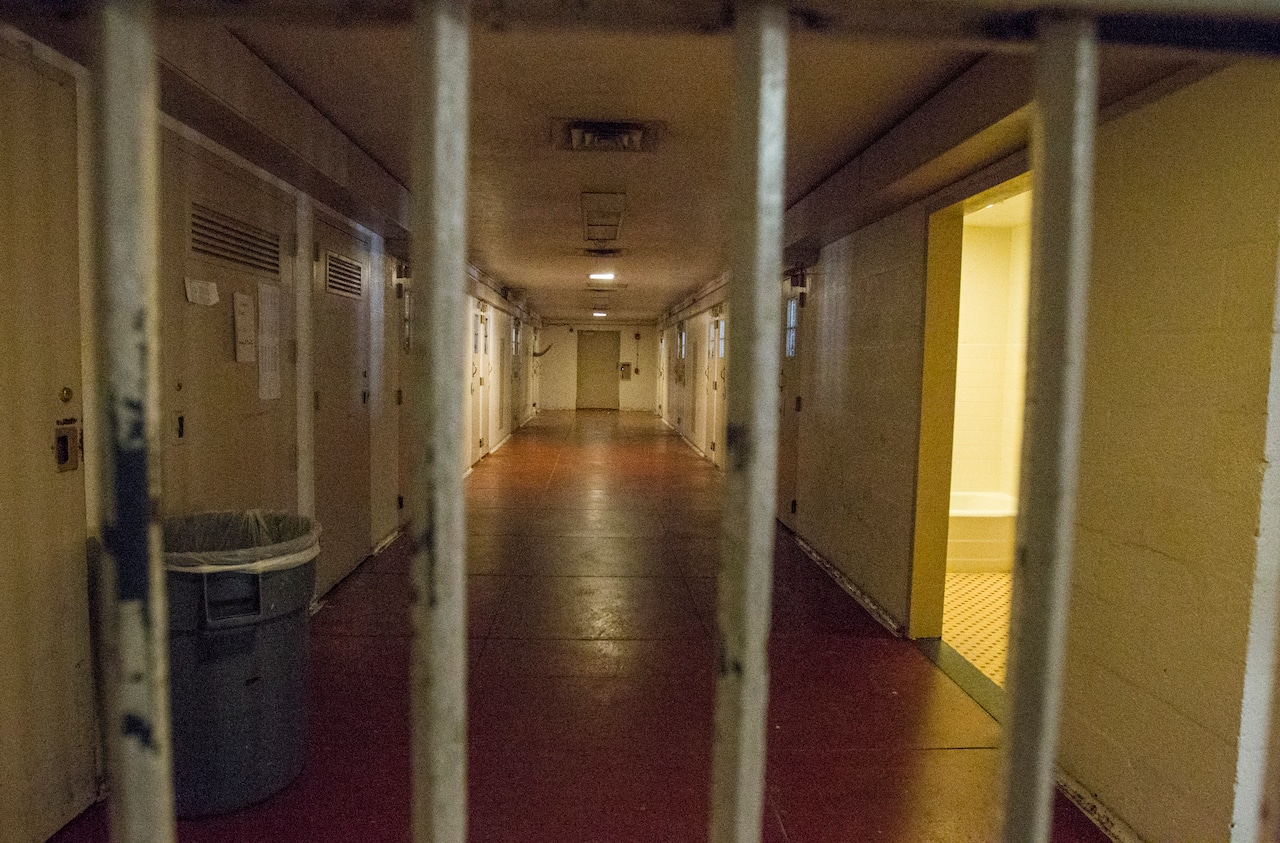
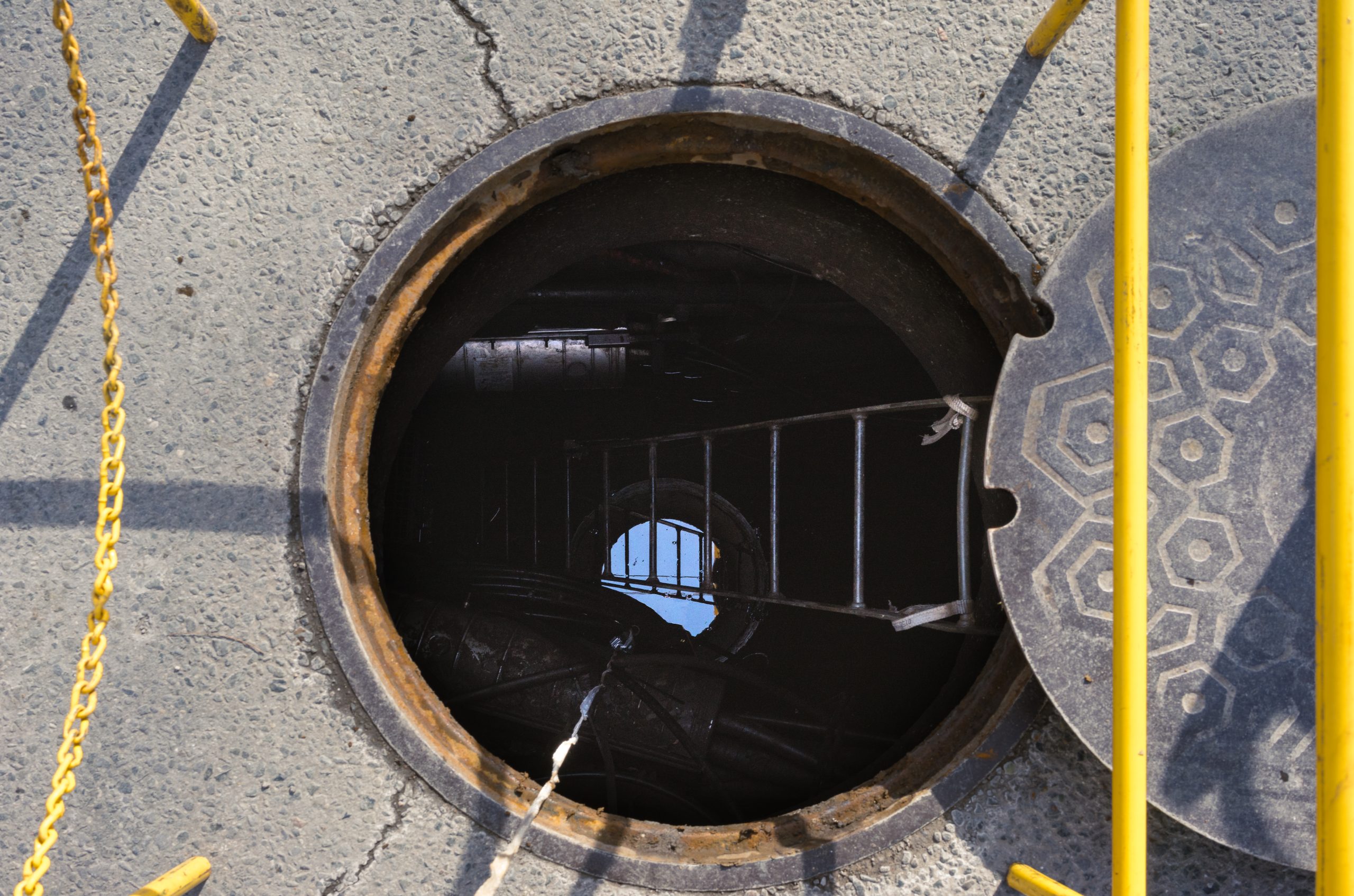

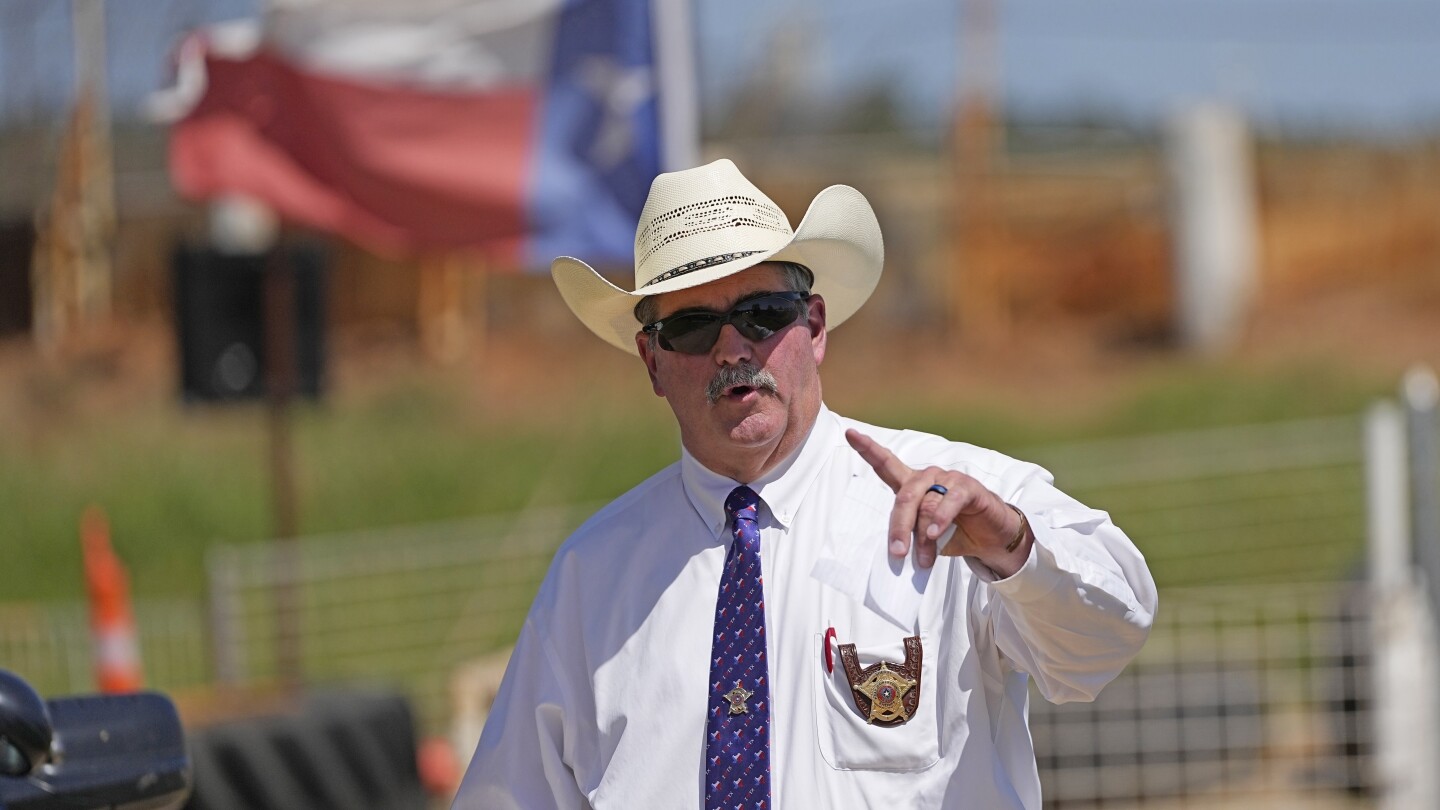
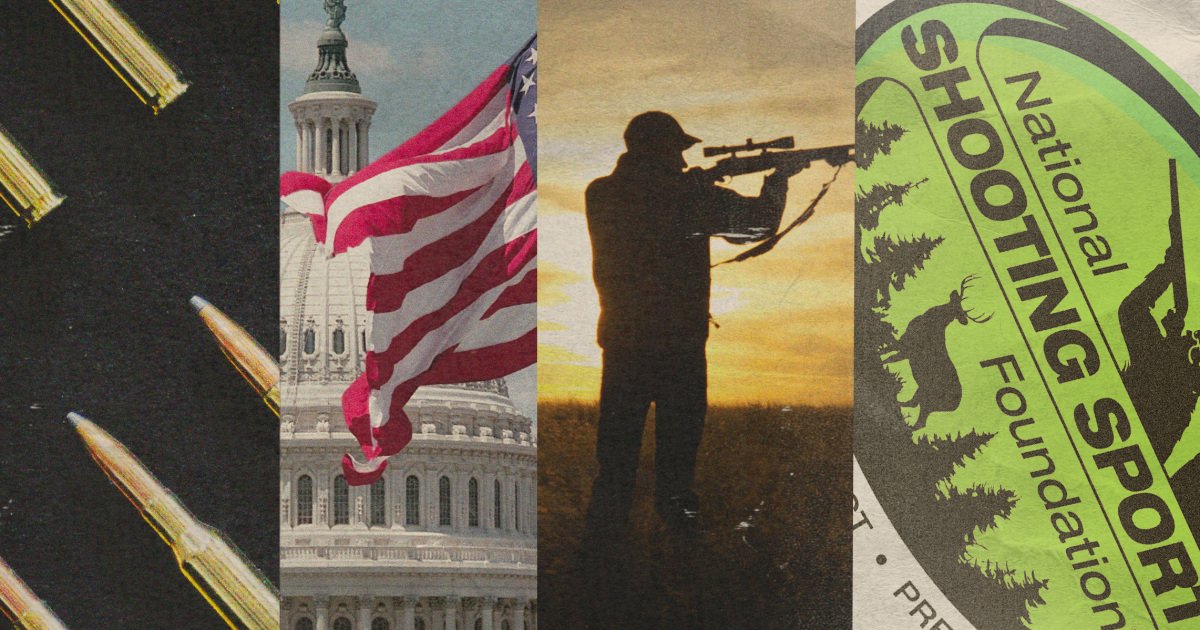
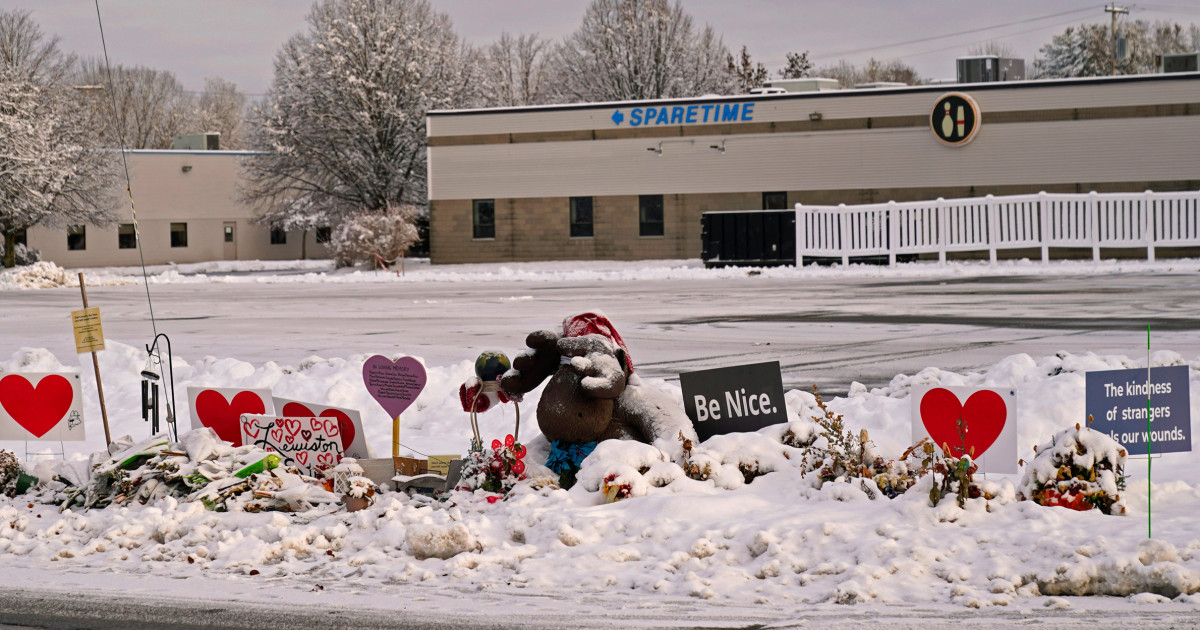

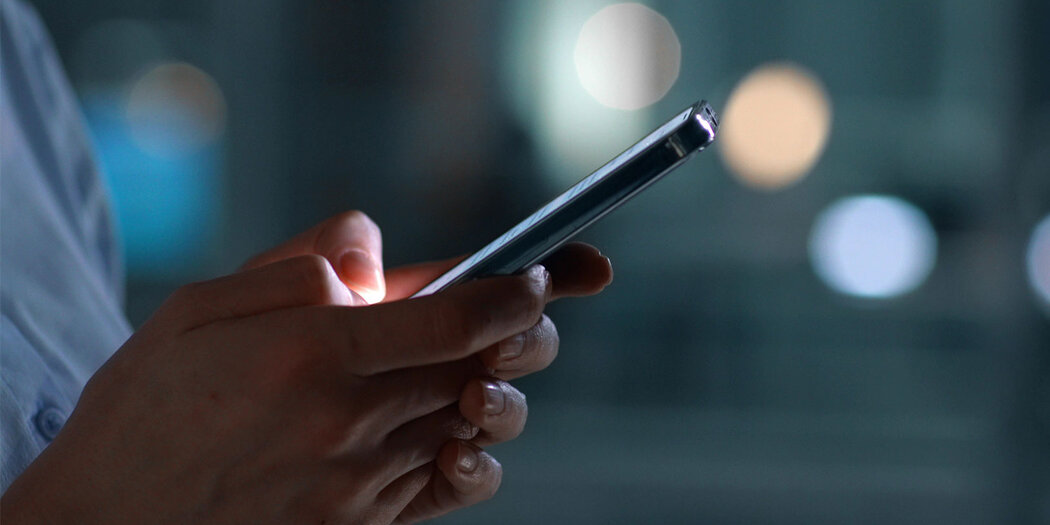
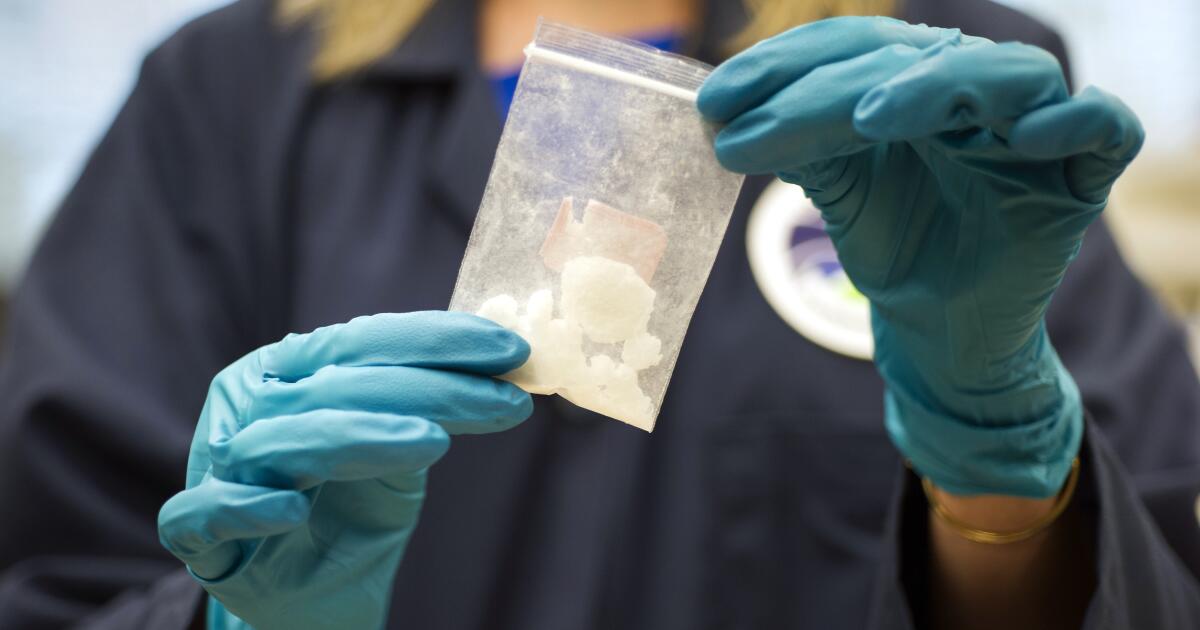
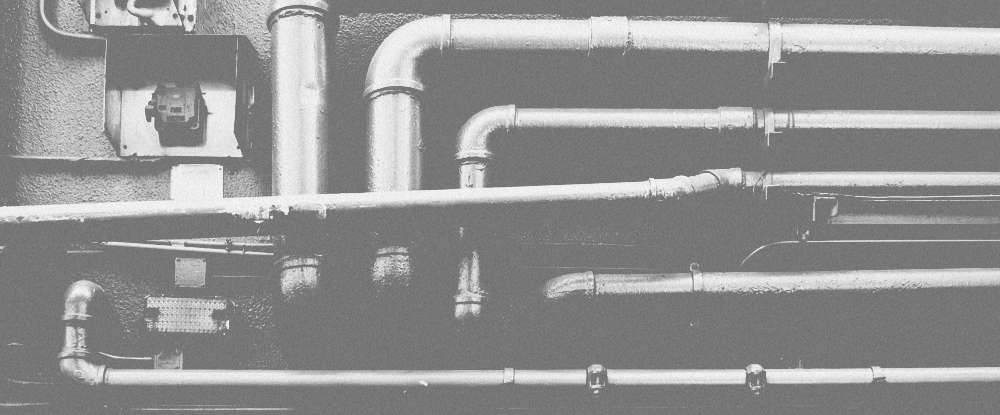

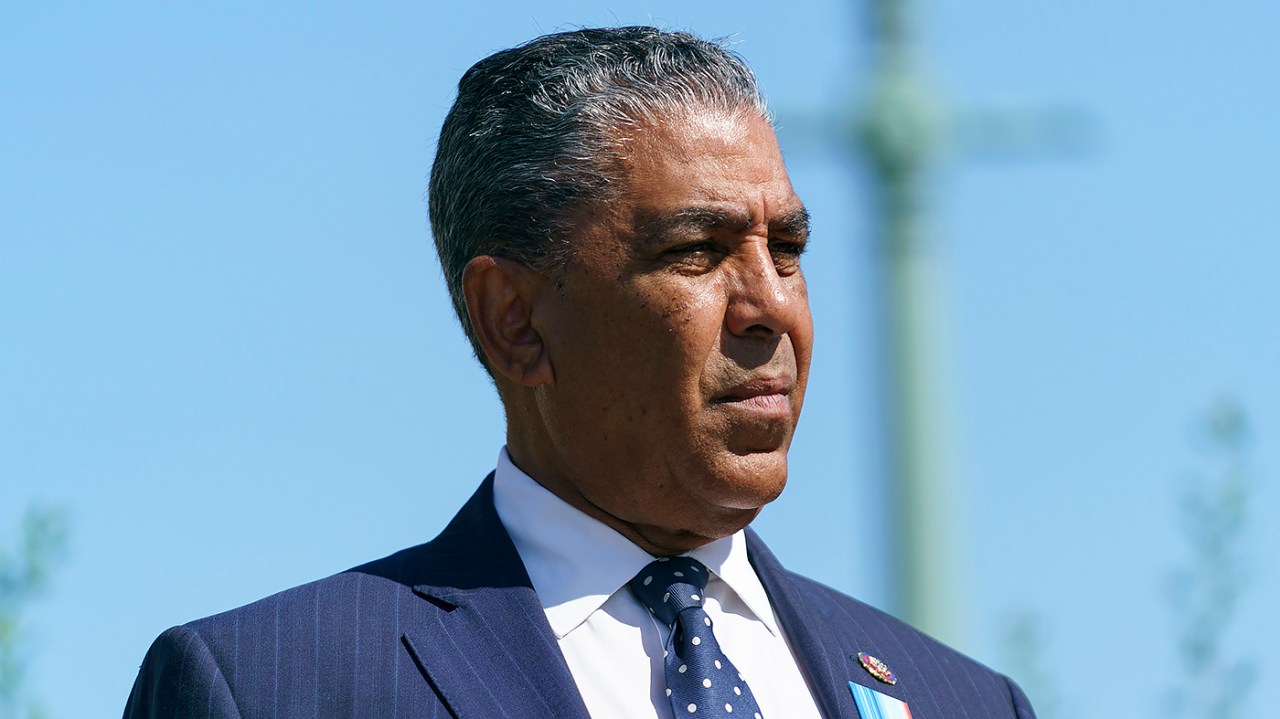
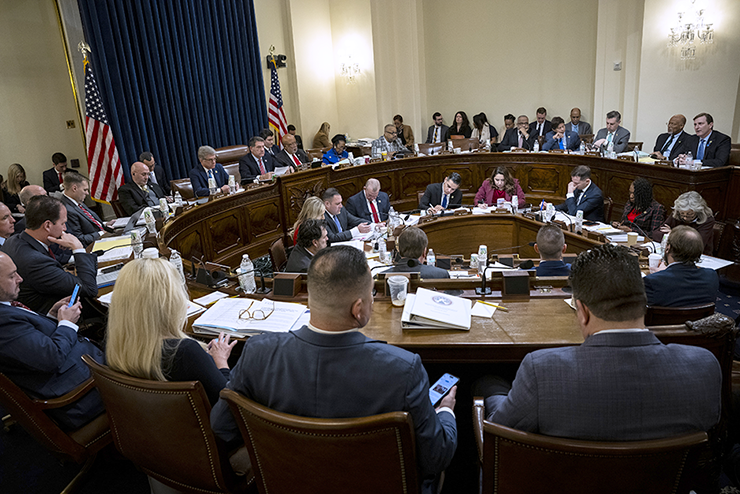
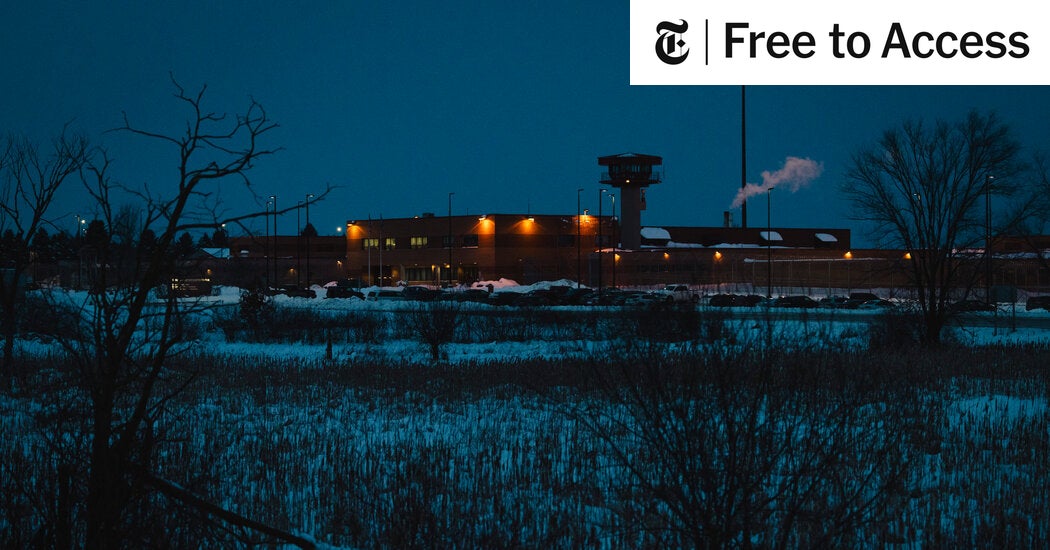
Oh absolutely, no argument there.
No, my intention there was more like " healthcare is such an unbelievably bad scam in this country We had to get a random celebrity that you haven’t thought about for several years on the problem." Like, I figured the service level seeming randomness of the headline would be a good hook to draw people into reading about a real problem (hospital prices being completely unpredictable ) and a good person trying to do something about it, but after reading your comment I can see how that might not have come through.